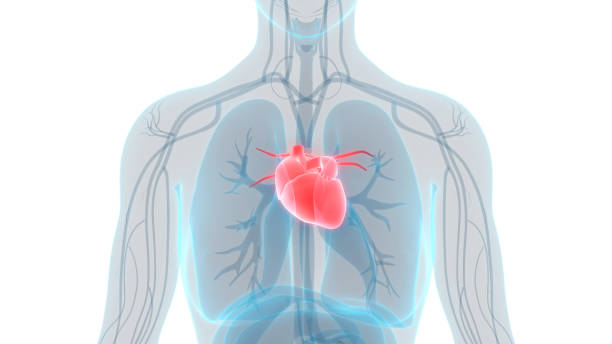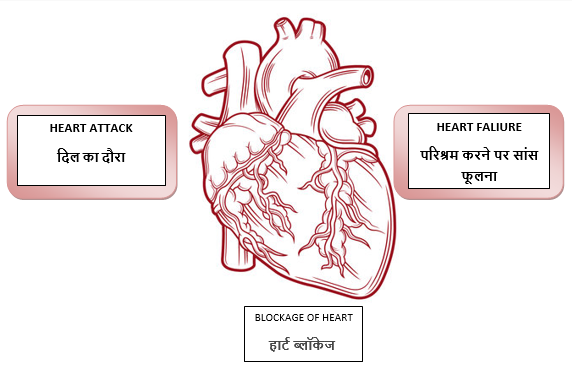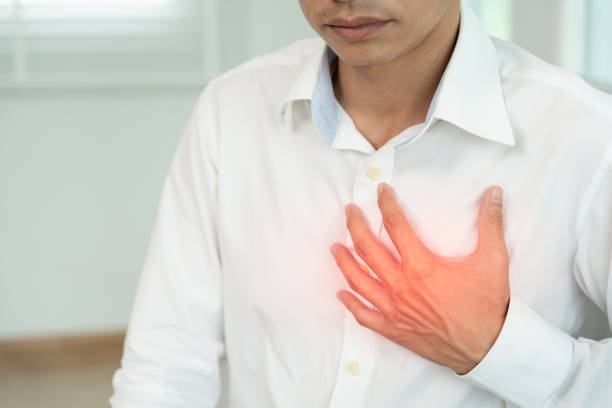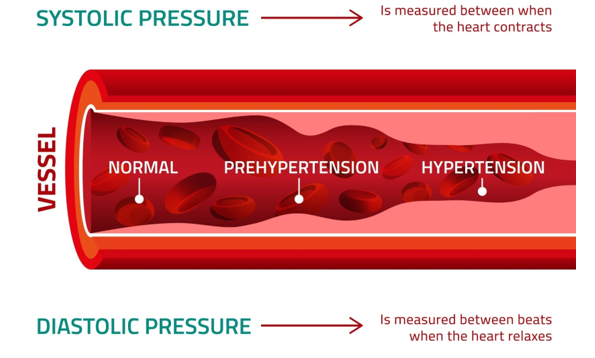
In Ayurveda, the heart, or hridaya, is considered the center of consciousness and life force (prana), vital not only to physical health but also to emotional and spiritual balance. This ancient science views the heart as the seat of ojas—the essence of immunity and vitality—and the source of compassion, joy, and love. A healthy heart in Ayurveda is maintained by balancing the doshas (Vata, Pitta, and Kapha), promoting blood flow, and nurturing mental clarity. Ayurvedic heart care emphasizes gentle herbs, such as Arjuna and Ashwagandha, known to strengthen the heart, calm the mind, and foster resilience.
Through practices like diet, meditation, and rejuvenative therapies, Ayurveda seeks to harmonize the body, mind, and emotions, nourishing the heart at every level.


Underlying Conditions : Increasing age, high blood pressure, elevated levels of bad cholesterol, diabetes, smoking, obesity, and unhealthy lifestyle habits can contribute to heart diseases.
Atherosclerosis : This condition involves the buildup of fatty deposits, calcium, and other substances on the walls of the heart’s arteries, leading to blockages.
Thrombosis : Sometimes, blockages in arteries can cause blood clots (thrombus) to form, which can block arteries and restrict blood flow.
Inflammation : Inflammation in the body due to foreign substances can lead to heart inflammation, worsening the risk of arterial blockages.

Various theories have been proposed to explain hypertension in Ayurveda, but there is no consensus among experts. Efforts are underway to enhance the understanding of hypertension’s physiology and etio-pathogenesis through Ayurvedic principles. A comprehensive review of available Ayurvedic literature has been conducted to understand hypertension’s physiology and etiology. Notably, it is suggested that hypertension, especially in its mild and moderate stages without specific symptoms, is not classified as a disease in Ayurveda but rather as an early pathogenic phase that poses a risk for diseases affecting the heart, brain, kidneys, and eyes.

B.A.M.S. from Barkatullah Vishwa Vidyalaya, Bhopal, P.G.D.E.M.S form England University